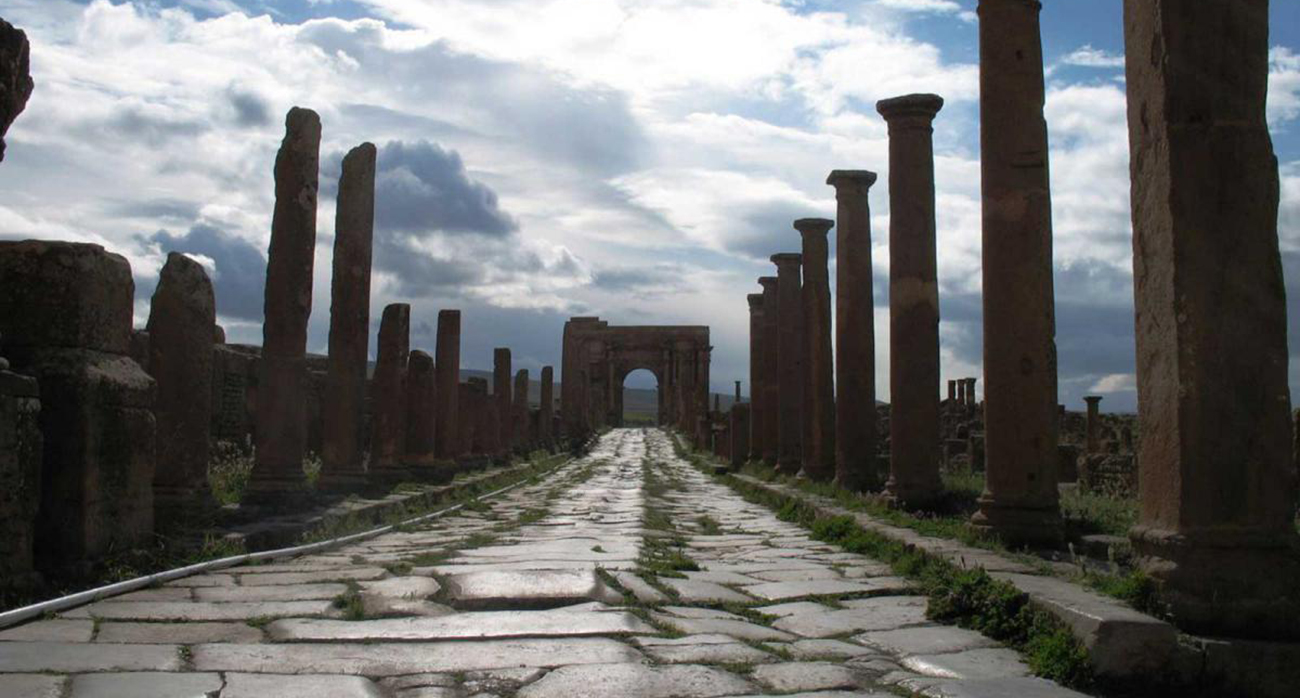Ovid: Fasti: Book I: January
Translator's introduction: (a) To the work as a whole. The "Fasti" is a six-book Latin poem by Ovid concentrating on the Roman calendar or 'Fasti', and each of its separate books deals with the first six months of the year, January to June. The books contain some brief astronomical details, but their principal sections discuss the religious festivals of the Romans, the rites which were involved in them, and their mythological explanations. The poem contains much Roman mythological and religious lore which would otherwise have been lost. The poem was...



